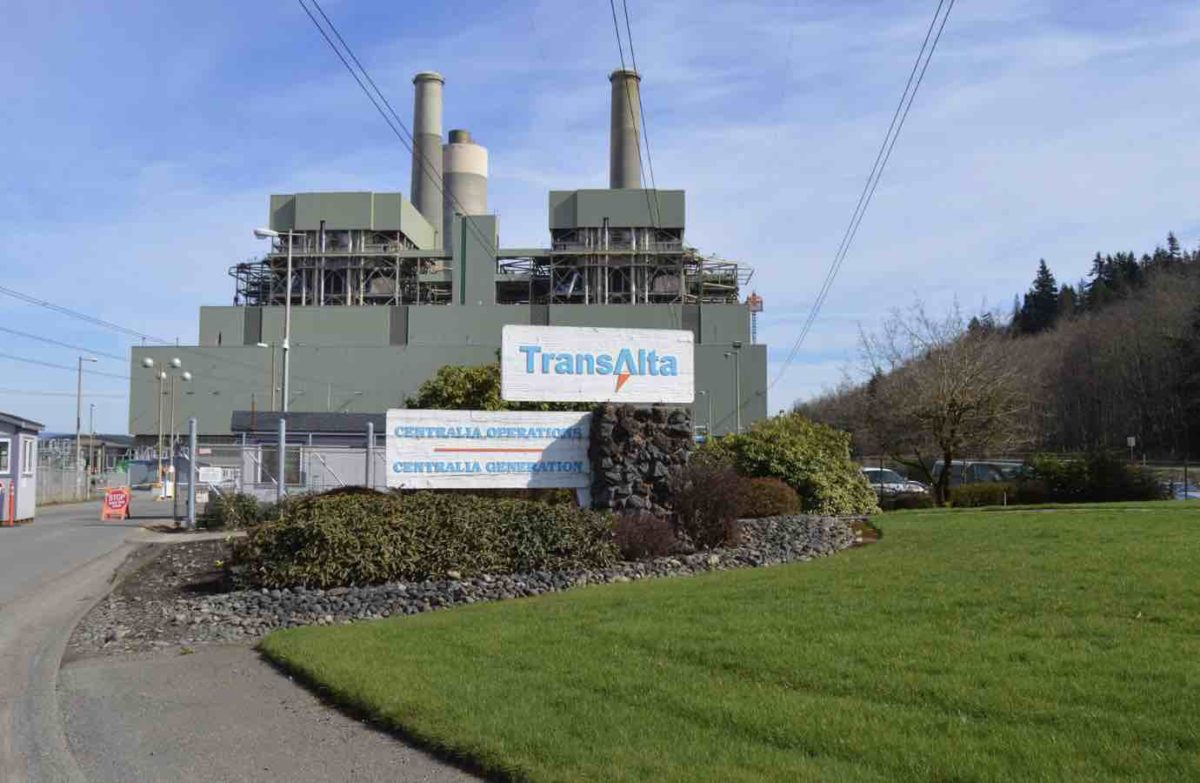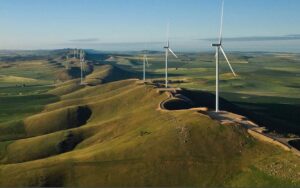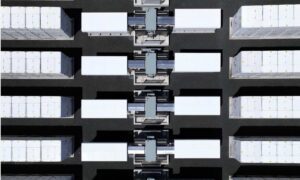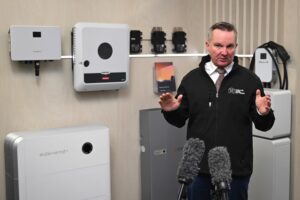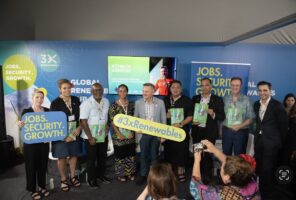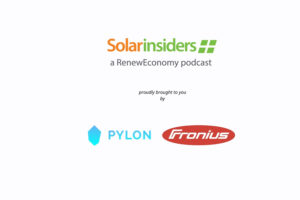Fortescue Future Industries has extended its green energy deal making to north America, signing an agreement that turn a former coal mine and the last coal generator in Washington state into a major green hydrogen facility.
Like many of FFI’s announcement, this does not yet reflect a commitment to invest, but a deal to conduct an exclusive feasibility study into converting the Centralia coal mine and neighbouring coal generator into the first green hydrogen hub in the US Pacific north west.
The Centralia coal mine, which extracted low quality sub-bituminous coal, was closed in 2006, but the coal generator – first opened in 1971 – is still generating, albeit at reduced capacity, using coal railed in from the Powder River Basin in the US mid-west.
The first of its two 670MW generating units closed in 2020, and the second is due to close in 2025, ending coal generation in the state, under a deal struck between Canadian owner TransAlta and the state government a decade ago.
FFI wants to redeploy the coal workforce at the green hydrogen facility, which it says would create hundreds of jobs. TransAlta has strong links to the Pilbara region, where Fortescue Metals mines its iron ore, and operates the 150MW South Headland gas plant.
“Repurposing existing fossil fuel infrastructure to create green hydrogen to power the world is part of the solution to saving the planet,” FFI founder and chairman Andrew Forrest said in a statement.
“The signing of this agreement is another important step in turning the corner once and for all, to implement the technologies carbon emitters need to reach net zero.
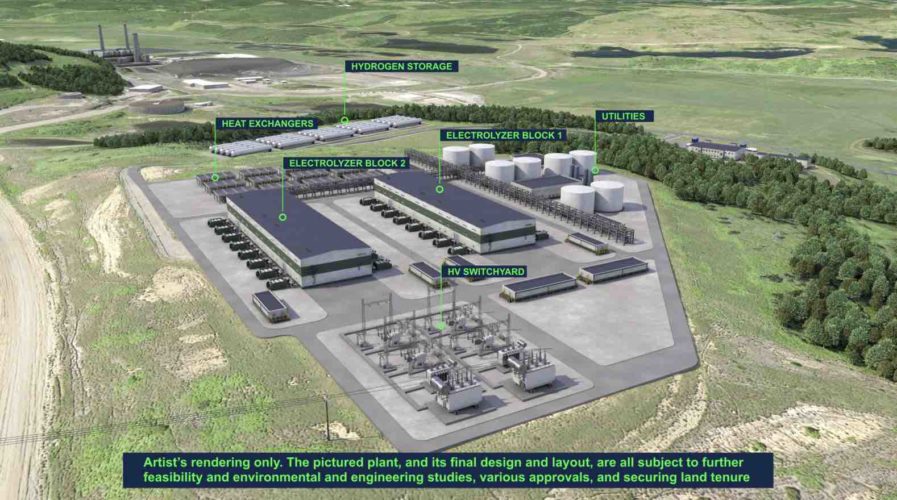
FFI says the proposed green hydrogen production plant would enable the decarbonization of hard-to-abate sectors of the North American economy.
“FFI’s goal is to turn North America into a leading global green energy heartland and create thousands of green jobs now and more in the future,” Forrest said.
Forrest’s team has been working with the Lewis County Energy Innovation Coalition and Lewis Economic Alliance, which have been created to manage the development of the site and seek long term employment opportunities.
The groups plan to access a US Department of Energy hydrogen hub plant grant.
“We plan to utilise legacy fossil fuel infrastructure and workforce to produce green hydrogen and pursue a growing zero carbon economy in Lewis County and the Pacific Northwest region,” said Paul Browning, the head of FFI North America.
The proposal was won the support of local groups seeking to advance the green energy transition in Washington state.
“Our aspirational Beyond Net Zero Carbon initiative requires that we deploy innovative decarbonization technologies like green hydrogen. We look forward to taking this important work forward,” said Josh Jacobs, VP of Clean Energy Strategy at Puget Sound Energy.
“The hydrogen production envisioned by the proposed project represents the kind of scale needed to transform our port and maritime sector by delivering zero-emission fueling alternatives,” said Jennifer States, VP of Projects and Strategy at Washington Maritime Blue.
“Green hydrogen has the potential to decarbonize our transit operations safely and efficiently,” said Joe Clark, the executive director of Twin Transit said.”

